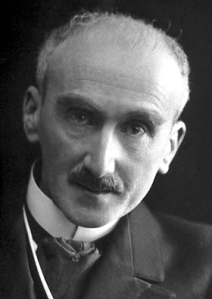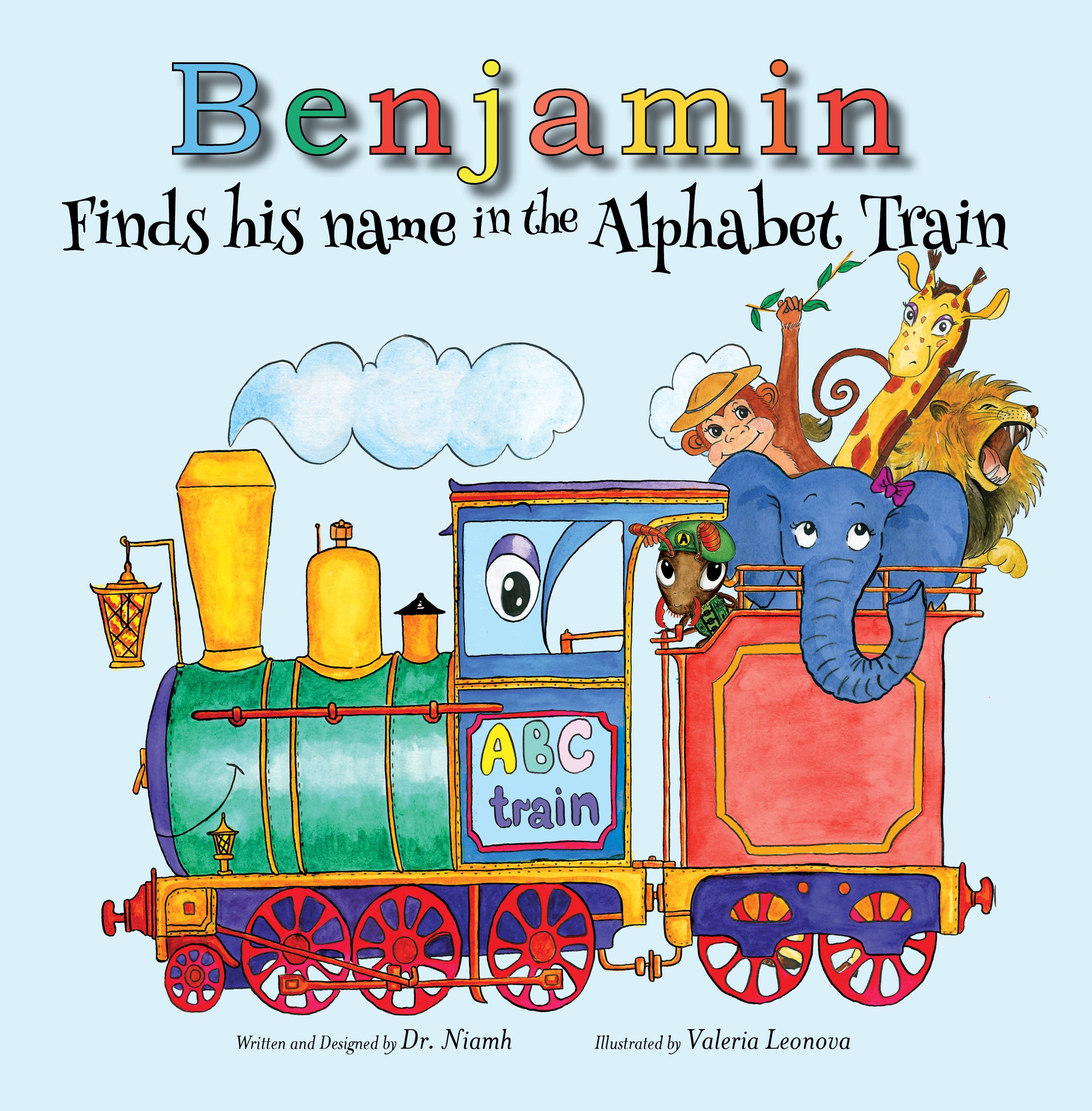The Wednesday Poetry Corner With Aprilia Zank: The Treacherous Word.
We all interpret things differently. A word can conjure a host of different meanings. Perhaps it is not the word in itself that fills us with a certain response but how we appraise meaning based on cultural mores, emotional experience or distant memory. In this week’s poetry corner, Aprilia Zank explores this theme through the works of Henri Bergson. The Nobel Prize in Literature 1927 was awarded to Henri Bergson “in recognition of his rich and vitalizing ideas and the brilliant skill with which they have been presented”.
The Treacherous Word – A Bergsonian Perspective
By Aprilia Zank.
Living in several languages, I have always been confronted with a greater or lesser amount of incongruities among them. No wonder then that the Sapir – Whorf principle of linguistic relativity has been a main concern of my research studies. Language as an imperfect means of expression and communication has been a much dealt with topic, but few authors have managed to provide such a wide-ranging insight into this issue as the French writer and philosopher Henri Bergson.
Much in the Whorfian vein, he was conscious of the far-reaching influence of language on humans’ structuring of reality. According to Bergson, we perceive an object as being constant because we always name it in the same way, thus disregarding its perpetual, even though sometimes minimal, changes. Language is all the more unreliable when talking about sensations, which, through their very nature, are difficult to grasp. As a matter of fact — and poets know it best – we live in a state of continual fluctuation of sensations and feelings. Yet, we have a limited inventory of words at our disposal to express them, which often enough causes us to think/say, “I can’t really find the proper words to convey what I’m feeling.”
As a tool of displaying inner states, language is, according to Bergson, wholly unsatisfactory. We are permanently induced to confuse feelings and sensations which are in a perpetual state of change with the words that express them. The structuring of reality through language misleads us into thinking of states of consciousness as distinct entities which can be put side by side in a fictitious, homogeneous medium which we call time, while, in reality, they pervade each other in a living, concrete time, named duration (la durée) by Bergson. This duration is heterogeneous in character and we can only be aware of it through our own states of consciousness, whereby even the word state is inappropriate, since consciousness is not static, but dynamic. This real time is not susceptible to measurement like conventional time, since it is not quantitative in character, but a sum of qualitative multiplicities.
As a basic element of language, “the rough and ready word”, as Bergson called it, comes to impose its own stability upon the fugitive impressions of individual consciousness and to restrict its potential. Each of us experiences love and hate in a particular way, yet the names for these feelings are constant. Words serve the social self, not the individual one.
While basically fully agreeing to Bergson’s assertions, I am trying not to ignore that it is precisely this shortcoming of language that compels wordsmiths all over the world to forge the language into original, intricate patterns of metaphors and other stylistic devices in order to create unique, unparalleled literary works.
(From Aprilia Zank’s book THE WORD IN THE WORD Literary Text Reception and Linguistic Relativity, LIT Verlag, Berlin, 2013)



In my slumbering somberness, I came,
I read, and left in enlightened wakefulness.
Sensationally, I am neither rough nor ready
for work this morning. I have a cold, and that blows.
Delightful, in your own way, Aprilia, you laid down
the law, and then told us how to break it,
in order to feel how the rules get under our skin.
Thanks for sharing your wisdom with us today! 🙂 Keith
LikeLike
Sorry you feel unwell, Keith. Thank you for your nice reply.
LikeLike
Thank you, Keith! Isn’t it funny!? Languages offer us thousands and thousands of words, but, often enough, not exactly the ones we need — an ever fascinating issue!
Get well soon!
LikeLike
What else seems funny to Uncle Tree?
Why, I’ll tell you, it’s the thousand words
we don’t say that people read into, in order
to tap our secrets – what we’d rather not say,
but sometimes wish we could, just to air it out.
As in 😉 Aprilia, I see you one step higher on Jacob’s
ladder. Respect! Not trying to look up your skirt, that is.
He-he. Glad you’re still hanging here. Hugz, Keith
LikeLike
living in languages…that says it all! beautiful and brilliantly written! such a joy to share words with such kindred spirits!
LikeLike
Thank you, Jenean, for your kind comment — very much appreciated! 🙂
LikeLike
What a beautifully written piece! It asks so many questions as we continue our quest to seek deeper truths. Beckett came to mind, his notion of translation being about ‘transmutation’. Augusto de Campos referred to it as ‘re-creation’. It is an endlessly fasinating field of study, one Borges spent much time exploring. In The Riddle of Poetry, he says ‘a book is a physical object in a world of physical objects. It is a set of dead symbols. And then the right reader comes along, and the words—or rather the poetry behind the words, for the words themselves are merely symbols — spring to life and we have the resurrection of the word.’ Well done on this great piece, Aprilia Zank.
LikeLike
Eabha, thank you so much for this insightful comment.
Yes, this topic is as sparkling and as slippery as the images of a kaleidoscope.
LikeLike
I would’ve been brilliant in linguistics if Aprilia have been my teacher..!! languages are a never ending field of study..a passion as well..had to read it again to fully grasp it..thank you for the enlightening brilliant piece..
LikeLike
Imen, this is such a kind comment, thank you so much.
Living in several languages, we are, no doubt, kindred spirits, so I am sure that you are more than able to relate to this topic.
LikeLike
Pingback: APRILIA CAPONORD 1200 2014
This was wonderful to read. I thought about a post I put my two cents worth into the other night. I am not sure this is relevant but it does somehow relate to Aprilia Zank’s essay for me. “I love the way Nancy expresses herself. I do not share her zeal for the written word but neither do I toss it out sight unseen. This has absolutely nothing to do with scripture or philosophy or any such thing, this has more to do the boundaries and the limits inherent in language itself. Wasn’t it Carl Jung who said something to the effect that 90% of neurosis in human beings comes from the inability of language to adequately express what it is humans are feeling? This I understand. It is why we create the art we do. It is the reason why we do many things we do. We have an infinite number of ways other than words, sentences and the ideas they express to reach beyond the symbols of language into a deeper knowing. It is quite remarkable the abilities we have developed to do just such things as it is we do. Aren’t we grand?”
LikeLike
Oh Yes! We are very grand. And, Scott, being something of a Jungian myself, I agree entirely that the inability to express feelings is the root of most of our neuroses. Thank you for stopping by.
LikeLike
We are, indeed, Scott, and in your competent considerations I see already the nucleus of a further essay for the Wednesday Corner. 😉
LikeLike
Pingback: 2014 APRILIA RSV4 FACTORY
A wonderful piece, Aprilla. Thank you! Though I am only fluent in one language and have not had even a class in linguistics, I’ve been exposed to enough to feel that perhaps I grasp the essence of your essay.
What we manage to do with language – simply inothing more or less than a pointer – is remarkable. We chisel and chomp, stretch and fold and force it to rise to our many occasion, often succeeding in moving and changing people even though the tool is not as dynamic or fluid as our passions or perceptions.
LikeLike